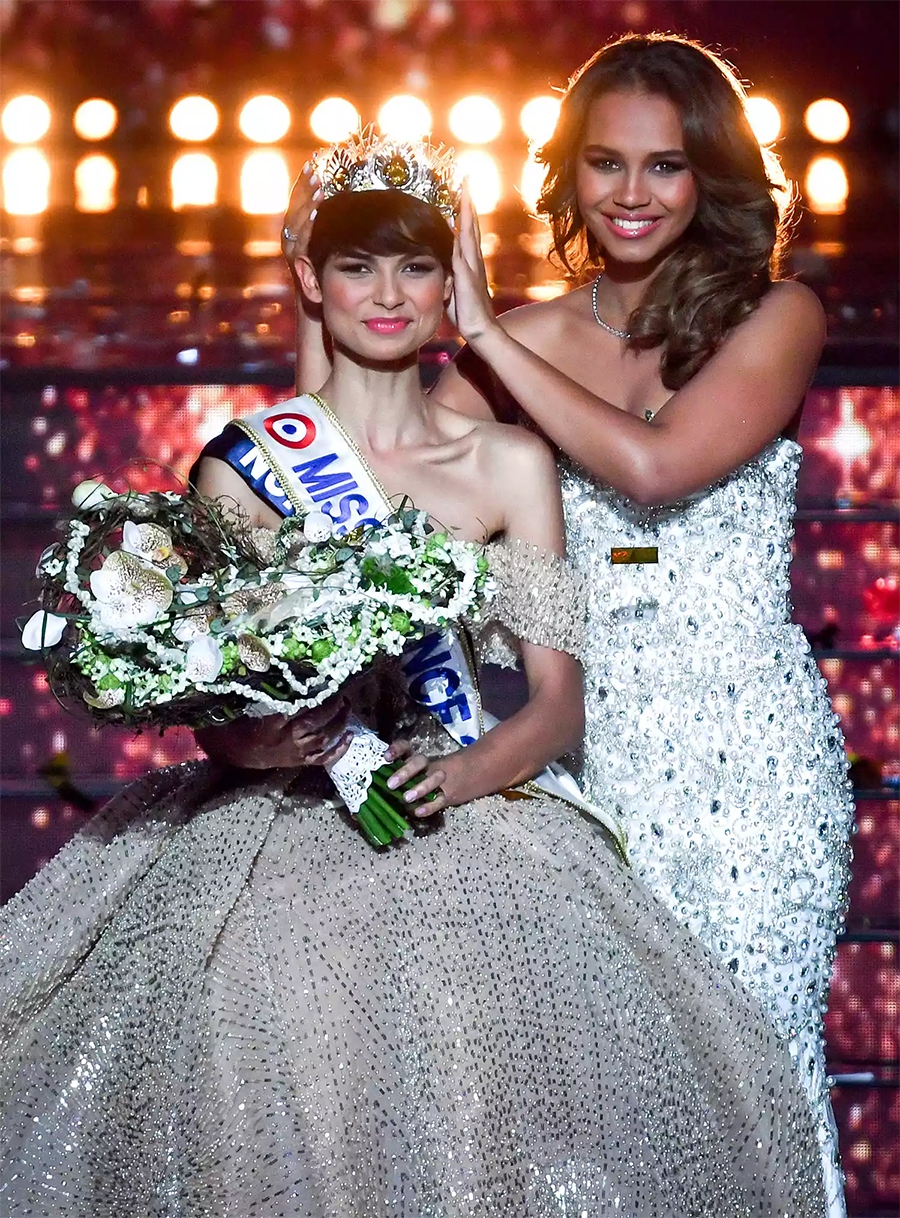10 AI-generated women to compete in world's first AI beauty pageant
Ten women participating in a beauty pageant is nothing new. Some pose candidly, some play to the camera, their beauty forever frozen in this moment in time. Like many other pageants held in countries around the world, the contestants are young, thin and embody many of the standards defining traditional “beauty.”
But that is where the similarities to a traditional beauty pageant end. None of these women are real - everything about them, even the emotion that flickers across their faces, is generated by artificial intelligence (AI), for the world’s first ever AI beauty pageant. Each has a creator or team of creators, who use programmes like Open AI’s DALL·E 3, Midjourney or Stable Diffusion to generate images of the women from text prompts.
The Miss AI Pageant
These 10 contestants have been selected from a pool of more than 1,500 entrants to make the final of “Miss AI,” scheduled to be held at the end of June and broadcast online by its organisers “The World AI Creator Awards.”
For those involved, the event is an opportunity to showcase and demystify the technology’s extraordinary abilities. But for others, it represents a further proliferation of unrealistic beauty standards often linked to racial and gender stereotypes and fueled by the ever-increasing number of digitally enhanced images online.

“I think we’re starting to increasingly lose touch with what an unedited face looks like,” Dr Kerry McInerney, a research associate at the Leverhulme Centre for the Future of Intelligence at the University of Cambridge, told CNN in a video interview.
Distinctive AI Avatars
Each of the contestants has a unique and distinctive personality, as well as face. One red-haired, green-eyed avatar named Seren Ay poses for Instagram photos as she travels around the world and through time, appearing next to Turkey’s first president, Mr Kemal Ataturk, on the Oscars red carpet or wandering through the neon-lit streets of Kyoto, Japan at night.
And like real-life pageant contestants, some AI avatars promote specific causes. One, named Aiyana Rainbow, posts in support of the LGBTQ community, her allyship literally displayed by her rainbow-colored hair, and name. Another, Anne Kerdi, posts about cleaning the oceans, her native region of Brittany in France and traveling. Zara Shatavari, posts tips on her blog for dealing with depression or strategies for losing “stubborn belly fat.”

Challenges with AI-generated Beauty
Racial and gender biases ingrained within beauty standards also seep into programs that use AI to generate images - since they have “learned” from the troves of data on the Internet that already contain these biases.
Most of the models on the “Miss AI” shortlist are “very very light-skinned and the vast majority are still white women, still thin, still really not diverging very much from that norm.”
Open AI has acknowledged that it finds “DALL-E 3 defaults to generating images of people that match stereotypical and conventional ideals of beauty.” But while AI images can perpetuate these standards, some argue the technology doesn’t represent a completely new phenomenon due to the huge number of digitally edited images online, enhanced by filters or airbrushing.
Shift in Beauty Standards
As technology becomes increasingly entwined with creating this version of an ideal woman, the in-person beauty pageant world has responded with a shift towards emphasizing authenticity. “There’s been a turn in the past decade that’s really focused on be yourself, be authentic, be perfectly imperfect, all these sorts of catchphrases,”.
Sally-Ann Fawcett, a judge of the competition, acknowledged that “there’s a long way to go” but stated that “we wanted women who are more diverse in every way, in size, in age, in flaws… It’s taken 50 years for pageants to get where they are today, with AI it can be done on fast forward.”
Competition organisers say entrants will be judged on more than just their beauty. They will earn points for their creators’ use of AI tools as well as their social media influence and have to answer questions like “if you could have one dream to make the world a better place what would it be?”
Ms Fawcett said that she is looking for “someone with a powerful, positive message,” while Ms Novales said that they are “not just evaluating beauty, but also the technology behind it… and, above all, the backstory behind each avatar.”
Such AI influencers have already proved their worth in recent years - one named ‘Lil Miquela’ has amassed millions of Instagram followers and worked with brands like Calvin Klein and Prada. Unlike their human counterparts, they appear flawless, ageless and free of scandal.




















